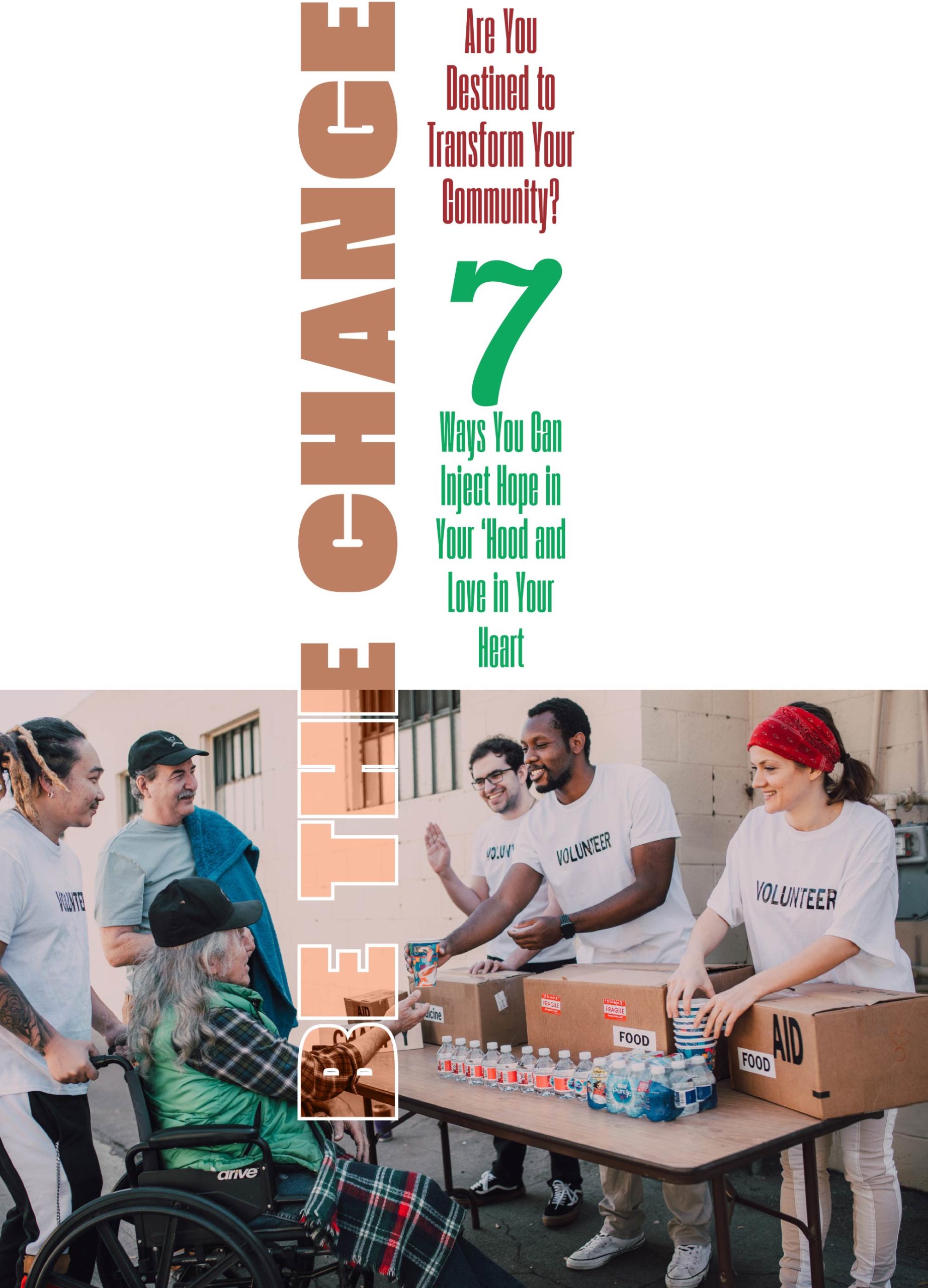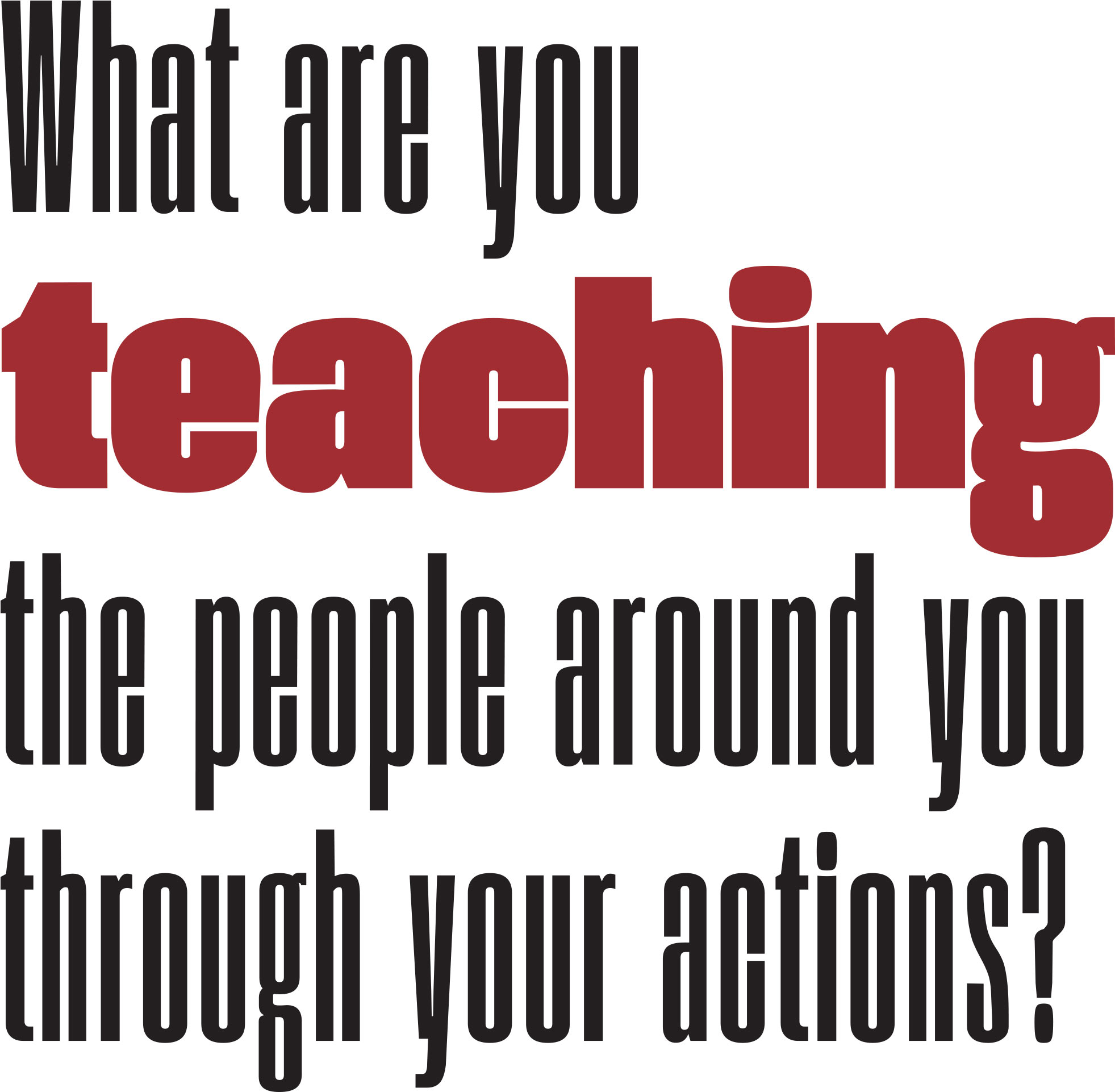
ocial justice is a term that weighs heavily on our communities. For some communities, social justice brings awareness of a social hierarchy in this world that creates disparities in things such as socioeconomics, race, and gender. For other communities, social justice serves as a daily reminder that they participate in a system that disadvantages other identities and they need to be part of the solution.
The people caught in the middle are in survival mode. Some of us survive until the next pay day; some try to get a job to have a pay day; some code switch in order to “belong”; and many experience microaggressions. Through it all, we end up having to advocate for our own humanity. So while necessary, social justice work can be exhausting.
How can we have productive dialogue in a way that aligns our human and Christian values? Unfortunately we do not always have the best examples. Many times we see people disagreeing, yelling at each other or attacking another person in a comment thread.
Here are seven ways we can be activists in our communities while keeping the love of God in our hearts:
Jesus had all the knowledge He needed, but made it a priority to enter undesirable spaces and connect with marginalized populations. He did not just spend time in the holy places and wait for people to come to Him. He met them where they were and authentically engaged.
How do you expect to advocate for a cause that you have not sought to understand? This is critical for any type of activism otherwise it can lead to generalizations and the spread of false information. Whether you are part of the oppressed population or not, you need to make sure that you speak with the people having the experiences, to get a fuller picture of what is happening and how they are being affected.
That is the only way to truly support our communities. If not, we’ll find ourselves doing for communities instead of with communities, and there’s a big difference between the two. The former can do more harm than good. That is where intent and impact do not align. What you meant to do and what you actually did are not the same. This includes our Christian mission trips where we make others dependent on our presence. The best efforts are those that the communities agree on and can learn to manage on their own.
One of the things I like to do is research different media outlets outside of those I traditionally consume. Sometimes it actually helps me understand the different perspectives out there. Other times, it further confirms that I agree or disagree with something. Either way, it equips me with the ability to engage in tough conversations with people, because now I have some context and reference points. Most of the time when people feel heard and understood, they become less defensive. But we must model that first.
We have differing opinions between communities and within communities. How do you communicate your perspectives and realities without dismissing those of others?

No one is truly an “enemy” unless they insist upon it. If you are speaking with someone who insists on misunderstanding, insulting, or assaulting you and your cause, there is no use arguing with them if they are not willing to listen. Don’t waste your time and energy!
Jesus certainly lived His life as an activist. As Christians, when we fully tap into the heart of Christ, we actually become both minister and activist, servant and soldier. This enables us to be gentle and audacious throughout our journeys. We have the capacity to listen deeply, love boldly, and flip a few tables over if need be!